I am done walking. I just collapsed onto a bed. I will shower soon. How do I say, "It's wonderful!" and not "It is excruciating"? I cried and cried a while ago, as I surrendered to the Camino a mile and a half from this town. There is much great about my adventure, but the walking is so unbelievably painful: three blisters, Achilles tendonitis, and my other "bad foot" stuff.
Before I set out this morning, a rainbow graced the Villa Mayorga sky. I talked for a while at the albergue with a thirty-year-old American gal who volunteers there. She lives in Santiago and is a part of a small team who hopes to purchase a building in order to create a refuge for pilgrims seeking Christianity. She was more of the Teen Mania/YWAM/Campus Crusade for Christ missionary brand. Although I am not a fan of anyone who thinks they have the complete handle on Big-T truth, I was very interested in her vision and impressed by her resolve. She told me how Mexicans seeking a path to U.S. citizenship often come first to Spain and obtain dual citizenship, because it is easier for emigrants out of Spain to gain legal admittance to the U.S. in order to live as permanent residents for the required five years before applying for naturalization.
After saying goodbye to the girl at the albergue, I followed the yellow arrows through Villa Mayorga. I worried about how hard the day would be and wondered whether I would see anything as sweet as the foal I had seen take its first steps the day before or walk through another wind tunnel screaming cold air at me like an automatic car wash blasting air at a rinsed-off car.
What I did see this day were dill fields, almond and olive trees, a valley of cairns, and a cemetery with the following inscription above its entrance: "Yo que fui lo que tu eres; tu seras lo que yo soi" (What I was, you are; what you will be, I am). I saw vineyards, red and pink dirt, and a yard full of painted metal pilgrim-shaped cutouts.
I was beckoned to a porch by a vineyard owner saying, "Come and drink a 'veen' with me." I bought an ankle brace, some sunblock, and a blister pad, and ate cannelloni with a glass of Sangria for lunch in Los Arcos.
When it could not get any hotter and I could not climb another craggy hill, I sat under some scratchy bushes on straw-strewn baked ground and cried and cried and cried. I stopped when I heard three men (hereafter dubbed the Silly Old Dutchmen) come around the bend in my direction. After they passed my spot (while I was in the bushes doing what peregrinos do in the bushes), I followed them into Sansol where we are stayed at the same poorly maintained (by someone surely named Brunhilde) albergue.
See photo gallery.I have been on The Camino seven days! I have a scab on my nose and two on my lips from the sun. Today, I walked from Lorca to Villa Mayorga-- much farther than I had intended. A little way before arriving in Estella, I met Igor from Slovenia. Igor was thirty years old, bright red, with an oversized, very-round, bald head. He looked a lot like the pictures of children in Children's Research Institute type donation drives. Igor loudly laughed through every Italian-accented syllable he spoke. He was not particularly attractive, but there was something so beautiful about his simplicity and goodness. We walked and talked for a long while, with him slowing his pace way down to accommodate me. We walked into Estella, purchased goods from a store, then sat under an elm tree's shade to eat. We were joined by Eindt, an older somewhat-arrogant German pilgrim whom Igor had previously walked with on the Camino. Eindt had run many marathons in the past, but expressed how very different and difficult he had found walking The Way to be. Eindt was planning to walk all of the way to Finesterre and to rent a seaside cottage there. After Igor had finished his lunch, I told him that I planned to stay in Estella, so he walked on. I had not entirely decided to stay there, but I was not sure about him and wanted my space and quiet back. After he had left, I decided to continue walking as it really was too early in the day to stop. I got turned around in the city, but I finally made my way through it. Just past the cemetery, I turned around and found Igor following me. At first, I was embarrassed and worried that I may have hurt his feelings by telling him I would be staying in Estella when I clearly was not doing so. I then became concerned by the fact that he was odd and had maybe been watching and following me. In the end I just walked on with him, choosing to counter the American tendency to suspect the worst about others instead of expecting the best. We walked most of that day together. He was really quite interesting. He was a chemical engineer who owned his own business and was very knowledgable about art, history, philosophy, and theology. He kept insisting I put on sunscreen and he gave me his hat to keep the sun from burning my nose any worse. Together, we visited the Irache Bodega, with me sipping red wine from its fountain, while he rested on a wooden bench and loudly laugh-talked to other peregrinos under its trees. Igor's conversation topics kept my mind off my foot pain, and I tried very hard to hasten my pace so as not to slow him down too much. By mid-afternoon, I could not go on, though, so I stopped in a small village, hoping to find a room, and he went on. There were, however, no rooms whatsoever in that town. I was physically shattered by this point, having walked for hours with the overhead sun beating down on me and the temperature well over 100 degrees. I was in a plaza in that no-room town when I met the Nurturing Hungarian. I had seen him before on the Camino. He was one of the many zen-like men I had seen traveling alone. (Funny, middle-aged women traveling solo looked matronly and forlorn; middle-aged men traveling solo looked healthy and serene.) The Nurturing Hungarian could not speak English, but he could see that I was terribly overheated and ill. He brought me cool water from the fountain in a metal cup with a fizzing lime mineral tablet to revive me. He then left me with a bag of sugar candies to energize me enough to walk on to the next town of Villa Mayorga, which I hobbled into an hour and a half later. Both Igor and the Nurturing Hungarian were at the Dutch Christian albergue when I arrived. There was no space in the dormitories, but I was offered an individual room for twenty-five euros. I spent the twenty-five euros and got a room to myself at the tip top of the house on the fourth floor. It did not have its own bathroom, and I had to shower in another building, but I did not mind. All I wanted was a warm meal, a cool beverage, and beautiful, wonderful rest.
See photo gallery.My foot pain was intolerable this day, but what could I do? I also was very sick to my stomach, and the temperature was over 100 degrees. I walked less in order to try and heal a bit and to have enough time for my clothes to actually dry after hand washing them. I spent the night at an albergue in a village called Lorca. It was a port in a storm. I was served a great meal there: thinly sliced pork with green peppers and warmed cheese, and a tuna salad with asparagus and fruit. Furthermore, the albergue had WIFI, and, for a few hours, I had the room to myself. A young man who spoke English treated me so nicely. His kindness was much appreciated after a not-so-good time the night before in Puente La Reina, where, after I came back from dinner, I discovered that someone had taken all of my belongings off of my bed and put them in a heap across the room. The lights had been off and at first I could not even find my stuff. Once I found my things, I put them back on the bed and crawled into my bedroll, scared that someone was going to come and yell at me or something. Within the hour, two men came to my bed angrily whispering. I kept my eyes closed and pretended to be asleep, and, eventually, they went away. I did not like anything about that monastery-slash-circus at all. The town itself was unkind to strangers. I went into a store to get a cool drink and even the children outside the store were rude to me. They obviously did not like "dirty Trekkers." I am getting behind with my walking and am unable to keep up with the recommended stages in my guide. I was walking eleven hours a day to try to keep up with the pack, but I cannot continue doing that. It does not allow my foot enough time to heal between days and does not give me enough hours of daylight to line-dry my clothes. Sadly, I am unable to think of much while walking except my pain. On the first few days, I took in lots and thought about plenty. Now I am just in excruciating pain. I assume I am being broken down before I will be rebuilt. I did, however, see some amazing things today. After passing flowering mustard and poppies on the way into a village called Cirauqui that towered over its crooked, steep, and narrow streets, I walked over the old Roman highway which is pictured above. I have gotten rid of so much to lighten my pack-- medicines, bandaids, underwear, even my beloved hundred-dollar Therma Rest pad. I have realized on this trip that solitude is the key to peace, but that human interactions and the lack of them are what truly result in joy and sadness.
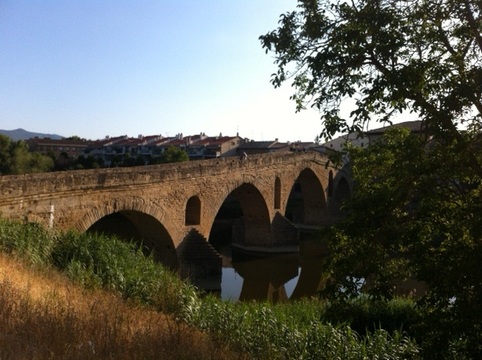 See photo gallery.I arrived a few hours ago in Puente la Reina. I am staying at a monastery. Assuming I can get my VERY painful feet to move down the street, I will set out to find some dinner in a few minutes as I am starving. Yesterday, I walked through Pamplona and stayed the night in Cizur Menor. Pamplona was very energetic, only a week after the festival with the running of the bulls. I spent some time in a gorgeous cathedral there and ate a very garlicky tostada (a large rectangular crouton type bread-thing) topped with jamon. In Cizur Menor, I bunked with two Swiss and two Philadelphian women. I had a nice Pilgrim´s meal of garlic soup (very tasty with bites of sausage), a couple of breaded chicken cutlets, and ice cream. The red wine I was served was slightly chilled and refreshingly thirst-quenching. I drank a glass and a half of wine, which carried me right to sleep when I got back to the refuge. Today, I had quite a climb and descent. At the top was the Pilgrims´ Monument (the point in The Way where Jaust compares his waist to the that of the metal pilgrim in the monument, and Sara translates the inscription for Tom: ¨Where the path of the wind crosses that of the stars.¨) The area was electric with people so happy to have reached the top and all excited to be at that specific significant spot. Lots of windmills line the ridge, and the whir of the windmills had drawn me faster and faster to the top. I have shed a lot of my belongings in order to better handle my backpack´s weight. The lighter backpack and being in better condition made today´s climb better than the first two days´. My bad foot, however, is not doing well. I have faced (and am now trying to accept) the reality that I will not be able to walk the entire 500 miles. My foot can barely handle about half of what I had hoped to traverse each day (though I did walk the entire nineteen kilometers today). I most likely will need to take a bus for a part of it. I am creating voice recordings chronicling the trip, during the stretches when I am walking alone, so I hope to blog from those once home. Well, the Internet timer is about to end, so off I go to take my laundry off the clothesline, to get some food, then head to sleep. Peace to all!
I am in Zubiri. Spain. (I have walked about 30 miles over the Pyranees Mountains [Brutal!]). I have much to blog about, but doubt I will post anything until after the trip, as InterNet is spotty or on short timers at the albergues and I am too exhausted each day when I arrive to form and write thoughts. But all is great! This is the adventure of a lifetime!
 See photo gallery.I started the day by walking in the wrong direction. I was set straight by Verena Peregrina, an Australian school teacher, with whom, by coincidence, I would have dinner that night in Roncesvalles and with whom I would bunk a day later in Zubiri. My heading the wrong direction wound up being a blessing, though, because it delayed me just enough so that, by the time I returned to the Orisson albergue to start again, Tobias and Iranna, a nice married couple, were just setting out, so we walked and talked together for about an hour. Tobias was Dutch and and Iranna was South African. We hit it off immediately. I thought for sure I would see them again on the Camino, but, sadly, after Roncesvalles, I never ran into them again. The ascent up and over the Pyranees was greater than it had been the day before, but the tortuous overhead sun, which had tried to kill me the day before, was wrapped in fog, so it was a much cooler walk. It was still a difficult hike, however, and my bad foot was extremely sore, but I made it to the top and then down the steep, loose-rock descent into the Roncesvalles gorge without too much difficulty.
 The day's hike was so pretty. I took in every bit of it, knowing that I would be leaving the mountains soon and would no longer see mist-enshrouded hills; wild horses; big-horned and long-wooled sheep; Basque shepherds; dew-drenched spiderwebs; tall, thin, twisted, moss-covered trees; tiny blue and yellow flowers; fat slugs; delicate snails; and sturdy spikes of purple Foxglove which, as Verena taught me, in addition to being beautiful (and toxic), are an abundant source of digoxin and other cardiac glycosides.
I arrived at the Roncesvalles monastery hours behind everyone else but semi-alive. The day before, if I had had to have walked five more steps, I would have arrived crawling; this day, I limped in with reserved energy. It helped to have had food in me this day. Mid-day, I had eaten a sandwich, which I had bought at the Orisson albergue, and, this day, I had been careful about drinking my thirty-two ounces of water.
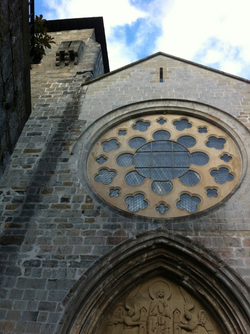 In the monastery, I bunked with three teenaged girls from Israel. They did not seem to care much for me, despite my having given them my medications and bandages for their blisters. We would pass one another on the path many times between Roncesvalles and Puenta La Reina, but they would never pay me much regard.
I enjoyed pasta and trout for dinner with yogurt for dessert. I was seated beside Verena and ate with Isabell, Claudina, and bearded Tasmanian Graham as well. Graham had been walking the Camino for months, and had story-doozies to tell.
The lights turned out in the monastary promptly at 10:00 p.m. My bunkmates had some sort of teenaged drama brewing, which kept them from settling down for hours. I, on the other hand, drifted off quickly, and Sleep magically readied me for the next demanding day.
See photo gallery.As soon as I woke up, I hopped in the shower, then ran to the train station to catch the train to St. Jean Pied de Port. The train ride was a joy. Gorgeous! The flora and fauna were very different from what I had seen during the train rides to Bordeaux and Bayonne. The rivers were super full, and I saw more varieties of grasses and trees than I had ever before seen. All of the homes in the mountains matched one another with their white exteriors, red tile roofs, and red shutters. There were eight Trekkers on the train including me. When we arrived at the station in St. Jean Pied de Port, I followed them to the Pilgrims' office, where I received my first sello (stamp) in my credencial (pilgrim's passport/credential), obtained updated information on the albergues, and filled my water jugs. Unfortunately, I took too much time sitting on a curb outside of the office, so that, by the time I got up, all of the others had disappeared. I had just sat there on the curb, because I had not wanted to look too ridiculous to them, trying to get my backpack back on. (As it was, this volunteer from the Pilgrims' office kept watching me with an I-don't-give-her-twenty-four-hours look on his face.) And I had been ridiculous! I could not get my arms through the straps. I do not know what the problem was; I had been able to get it on okay earlier in the day. Once it was on, I then could not get off of the curb. I was so embarrassed, because, by this time, there were several tourists walking with a guide through St. Jean. They were in the Pilgrim town learning about the history of the pilgrimage, and I was their example. When I finally managed to get to my feet, I set off completely in the wrong direction. I went to the citadel at the top of the town. There, at least I was away from everybody, and I could get my backpack opened in order to try and pull out my trekking poles. I got the poles out, but then I could not get the bag packed again. Despite my straining, there was no repacking it. Again and again, items I was trying to cram into the pack fell and rolled down the hill. Again and again, I chased them and brought them back up the hill. Eventually, I got the thing back together and on my back.
I went back down the hill, took a couple of laps around the main part of the city, finally spotted a church that was a waymark, and, at last, was on my way. I had planned to leave by 10:00 a.m., when it was cooler, but I did not begin my hike out of town until high noon.
I then began the beautiful, scenic, hardest-thing-I-have-ever-done-in-my-life-it-is-a-wonder-I-did-not-die-trying part of the journey. The documentaries, pictures, and guide books did not prepare me for the walk from St. Jean Pied de Port to the Orisson albergue. They showed pictures of old people leisurely walking and said "relatively fit" people could walk this. It was entirely on asphalt, but it was a killer. It truly was the hardest physical thing I have ever done (and that includes three child births). The only thing that comes close to the way walking that steep hill felt was sprinting all out in track in high school, then collapsing at the end of the race, with nothing left to give.
As it was, I collapsed in the grass two times, during the hike up. I got super overheated, was chilled, had goosebumps all over me, and felt like I was going to throw up for hours. I must have looked scary with my purple face. A man in his yard saw me, looked concerned, and yelled, "You are too warm. Go find cover."
See photo gallery.I rode trains this day from Montparnasse to Bordeaux and a little later from Bordeaux to Bayonne where I spent the night before traveling on the next day to St. Jean Pied de Port. At the Montparnasse Gare (train station), birds flew inside the building and militia members, dressed in camo outfits, carried large guns to protect the platforms. I was amused by a tip-toeing black poodle; red-shirted teenaged scouts (whom I would later meet in Galicia); a baby shrieking only to hear her own voice echo throughout the giant station; and a young woman tottering on platform heels, carrying a a toddler on her hip, rolling suitcases, and running to catch her train. On the train from Montparnasse to Bordeaux, I sat adjacent to an old man who was wearing baggy Levis and an unbuttoned shirt. I wondered whether he had lost a few buttons or whether the plunged neckline was deliberate. He was accompanied by a Georgie Blake/Lynda Chism type who was wearing a sweater and skirt with black leggings. She was a lovely, gentle caretaker. With them were a very black artsy lady with cropped hair and her about-seven-year-old daughter. The group was extremely quiet, their French whispering only occasionally interrupted by the girl's giggles. Across the table from me sat an older lady wearing beige pants, cream loafers, and a cream turtleneck sweater with bits of her breakfast on her bosom. She had gray hair and bushy gray nose hair. She constantly moved around in her seat, trying to get comfortable and to de-cramp her foot. The poor dear. I prayed that the Lord would bless her with good health and give her understanding helpers and companions. She tried to talk to me in French. We were both disappointed that we could not better communicate. After a while, a round brunette lady in a red beret with a mile-high mole on her chin came to check our tickets. She was nice to me and told me in quite good English that, the next time I traveled, I needed to have my tickets punched before boarding or I would be "taxed." She was very friendly to the cream-sweatered lady across the table. I was glad about that. I loved riding the spacious and comfortable train. I loved that families were playing cards and games together. I loved that a man was softly singing with his children. I loved that people were not plugged to electronic devices with earbuds stuck in their ears, blocking out everything-but-what-they-liked. I loved that materialism was not present on the trains, only families warmly taking life slowly together. Moreover, I loved the crinkle of sandwiches being pulled from paper sacks for lunch and the sound of the lyrical French language filling the air. It was musical, sweet, sexy, warm, and cute. We passed acres and acres of sunflowers, wheat, corn, and growing plants that I did not know. I thought about how, back home, where we have alfalfa, garlic, potato and onion farms, we have so many fallow fields among them, but how, in France, every square inch of land grows a different crop. I was astounded by the height and thickness of the trees. There were forests everywhere. "No wonder," I thought to myself, "there are so many European tales involving enchanted, deep dark hundred-acre woods." About an hour and a half away from Bordeaux, vineyards appeared. They looked like Napa vineyards, but the vine trunks were thicker and gnarled. I hoped to sip a nice Bordeaux wine at the train station between trips, but the Bordeaux station was not what I had imagined it would be. There was no charming place to drink wine. In fact, there was no wine at all. It was just a cement-block, dirty train station. Furthermore, it was more difficult to understand intuitively than the Montparnasse station had been. But I ascertained what I needed to and even managed to punch my ticket before boarding the train to Bayonne. Admittedly, I was worried I would miss my train, because, at the Montparnesse station, I had used every last second figuring out my car and seat. It was fine though. On the train, every seat was filled, and several people had to stand without seats. I did not understand how that could have happened if everyone had purchased first-class spots. I got to the hotel in Bayonne about 7:00 p.m. After showering and washing out my clothes, I went out to find some food. I walked along the river. It was kind of spooky there though. It was turning dark and the streets were narrow like alleys. Men reminiscent of the Russian mafia guys I was aware of when I lived in Moscow, were grouped in dark corners with very few women out. I originally had wanted to eat in a little bistro, but I thought better of it.
I wound up eating at a place I at first wished I had not. I was kind of nervous there too. I felt too awkward to make my way into the cafe area, so I sat near a takeout window. A group of guys took all of the chairs, so there I sat by myself at a big table with just one chair. I had no idea how, when, or where to pay for the meal. I did not even know what the place was called, so I named it myself: "Planet Dandy," and then wondered how to say that in French.
Surprisingly, the french fries were the best I had ever had, the meat tasted like it was ground steak, and the cheddar cheese was especially nice. Go Planet Dandy!
I had brought two bags on the trip. The backpack I would be carrying for the pilgrimage and an Olympia bag with the trekking poles and the items I knew I would not be able to carry onto the planes. Back at the hotel, I unloaded and disposed of the second bag and spent hours stuffing as much as I could into the backpack. In the end, the backpack weighed over 40 pounds.
See Photo Gallery.The flights here were quite nice. I met the Gracias, a lovely family traveling from Dallas. I sat next to Rene, the husband, on the flight from Chicago to Paris. Rene was kind of Clark Gregg-esque, while Amber, his wife, was a mix of all of the beautiful brunettes my son Adam goes ape for. I must have seemed ridiculous to the Gracias, squirming in my seat with my airport blanket providing zero warmth but absurdly draped over my head. I was like a guy in a sitcom who is about to get caught in the room by his girlfriend's father, so he is pushed into a corner, covered with a sheet, and topped with a potted plant. In my case, my blanket was on my head to trap my own hot breath, because I was fr-fr-fr-freezing and desperate for even a single warm sleep-wink. Moreover, the blanket completed my unsophisticated-sod look, as surely the travel lanyard and circa '81 fanny pack were not enough. We arrived in Paris around 9:30 a.m., and I got to Montparnasse about 11:30 a.m., having had only four hours sleep in two days. More-un-than-semi-consciously, I wandered around the commercial center and train station for a few hours until my room was ready for check-in. It was excruciating, if exhaustion can be described thus. I fit right in among the sepulchres, shuffling zombie-style, while killing time, at the cimetiere (cemetery) at Montparnasse, the eternal home of many of France's intellectual and artistic elite. It was a fascinatingly somber place to visit, having been created from three farms in 1824 after cemeteries in Paris proper had been closed and banned because of health concerns arising from Cimetière des Innocents issues in 1786. Strangely, walking back from the cemetery, I passed a window of a restaurant where a cranky Boris-Yeltsin-look-alike was eating with his wife. As I passed the window, I was thinking, "That poor woman, I bet he is a piece of work-- grumbling more than he is chewing." I no sooner had had the thought, when he squinted his bloodshot eyes at me, and I realized he recognized me. I then recognized him too. We had been on the same shuttle from the airport earlier in the day. Out of this huge new world of strangers, this couple from the van were the ones watching me like goldfish from their bowl. During my coma-walk, I discovered that everything has a honeyed smell in this part of the city. It is as though everyone's clothes (as well as the hotel's bedding and towels) have been washed with a common detergent. I also smelled a very particular heavy Red Door-ish cologne on men and women alike, in the train station and at the commercial center. Perhaps it is a trending fragrance or is an ingredient that is common in most perfumes worn here. In any event, it is not a scent that I am familiar with in the U.S. Those were not the only smells I encountered. At times, I smelled cinnamon, wafting from places I would not have expected cinnamon, such as sushi and pasta restaurants; saffron from every third building; cigarette smoke from every second seventeen-year-old; something which I cannot quite put not my finger on (but very well may have been from my own hair); and old-man's-wet-pants smell, which is in every city, though not nearly as strong in Montparnasse as in Moscow, San Francisco, or on the front steps of Bruka Theatre in Reno. I am not going to lie. This is going to be hard. I am a long way from home and not as eager to embrace the world as I was when I wandered Russian streets in the nineties. I can do this though. All three of my kids have bravely moved across the map. It is good for me to share their there's-no-turning-back-now scary feelings and to press on in order to encounter the mysteries and blessings which are around the bend. 4:00 a.m., July 17th (7:00 p.m., July 16th PST). The windows are widely opened in my room on the sixth floor at the Hotel Edouard VI in Paris, not far from the Montparnasse train station. I am grateful that the hotel staff honored my request for a room above street level with a view of the city. It probably would have been a bit noisy had I been housed closer to the street; whereas, from the sixth floor, the street noise is but a charming din. Far off, sirens sound like woodwinds warming up before an opening medley, and every few minutes a swarm of Vespas go by, which makes me think that the boys in Yerington have shown up with gas saws to cut firewood.
I will be taking a train to Bordeaux in a few hours.
|
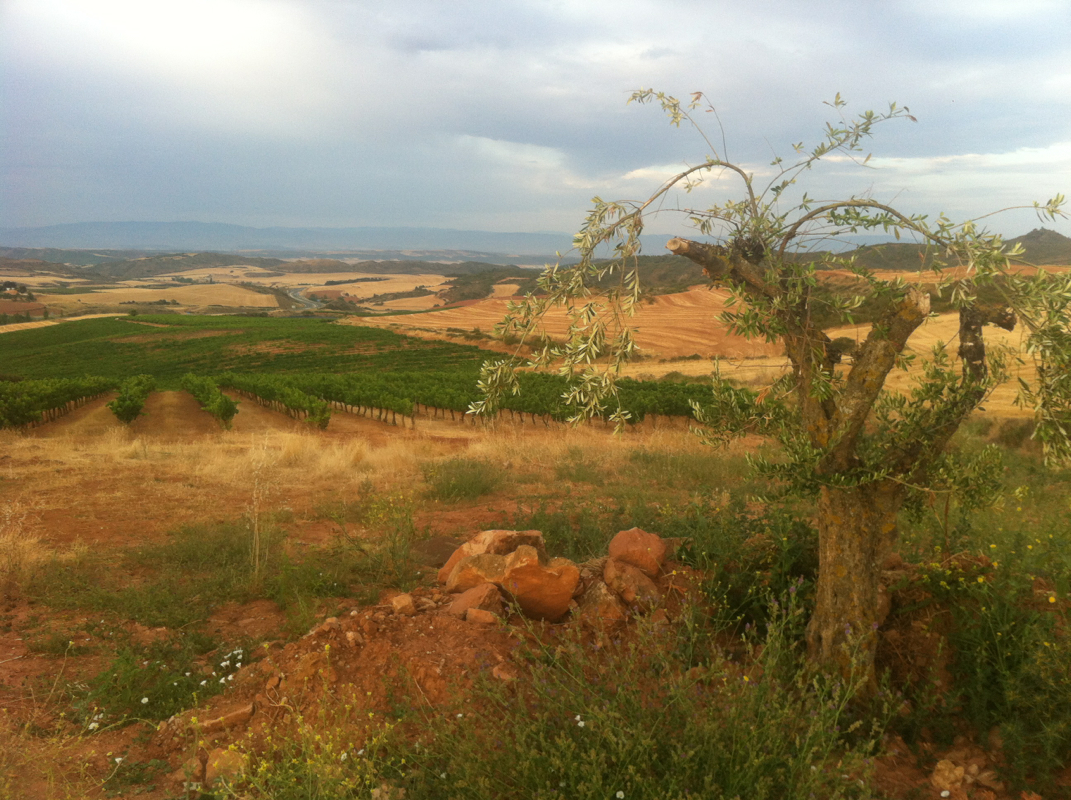
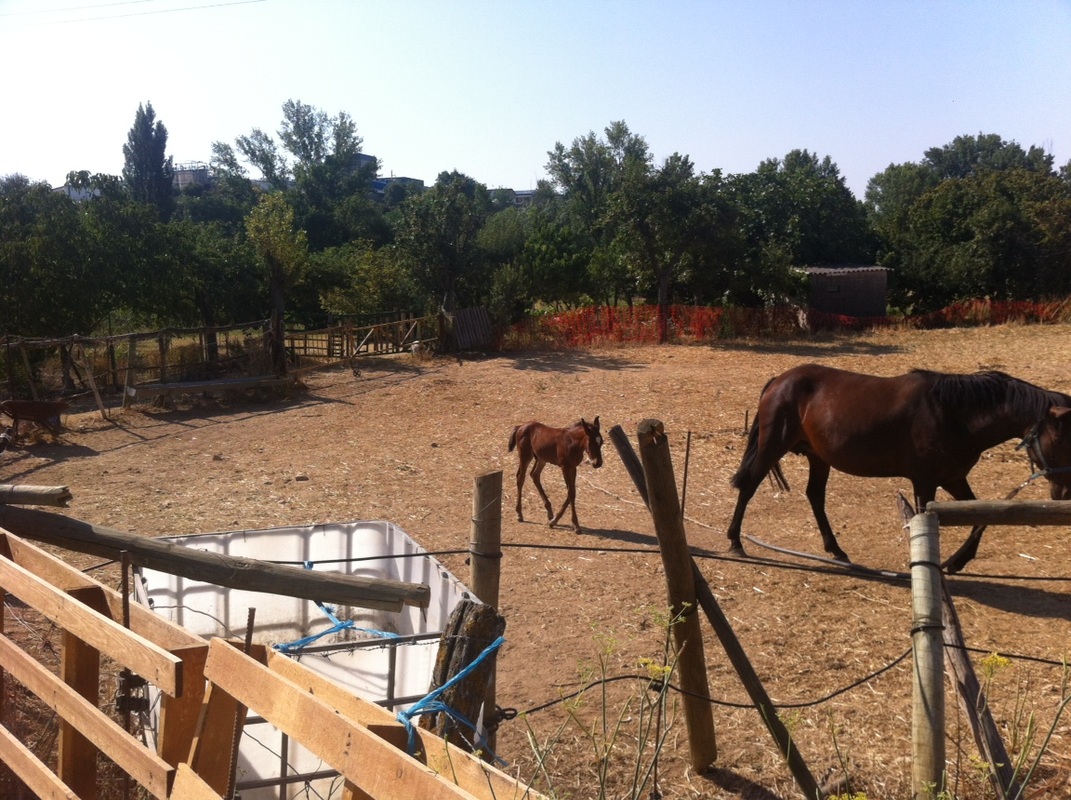
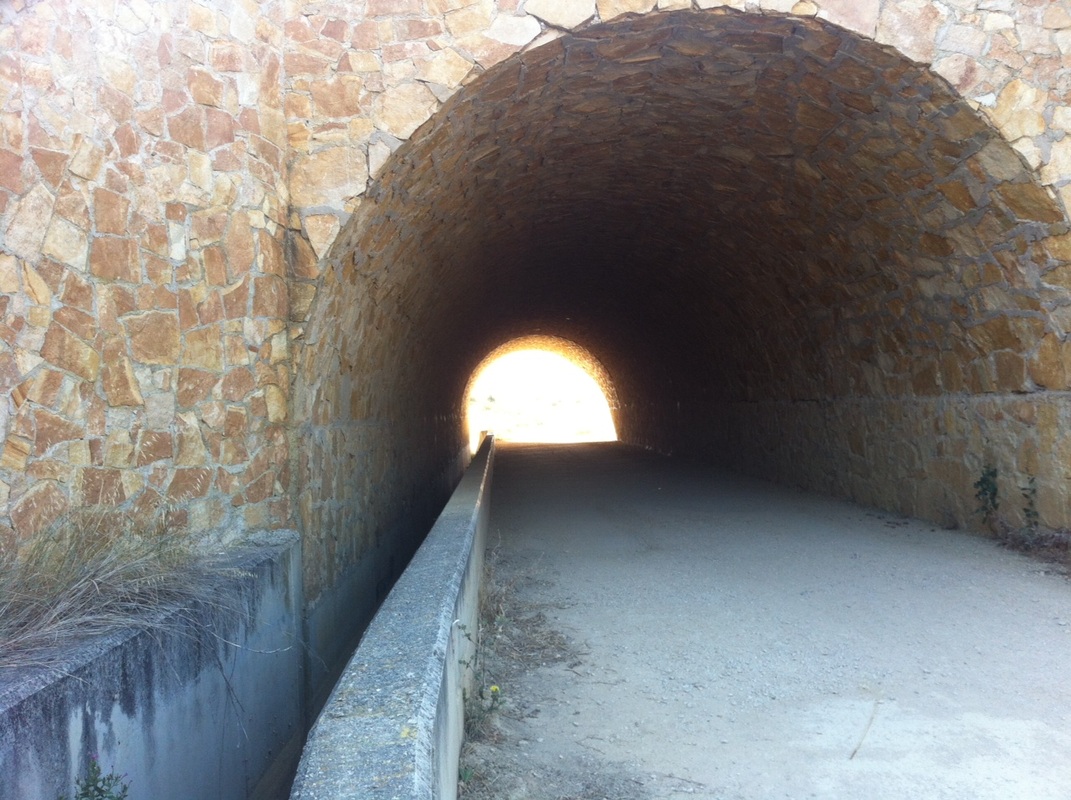
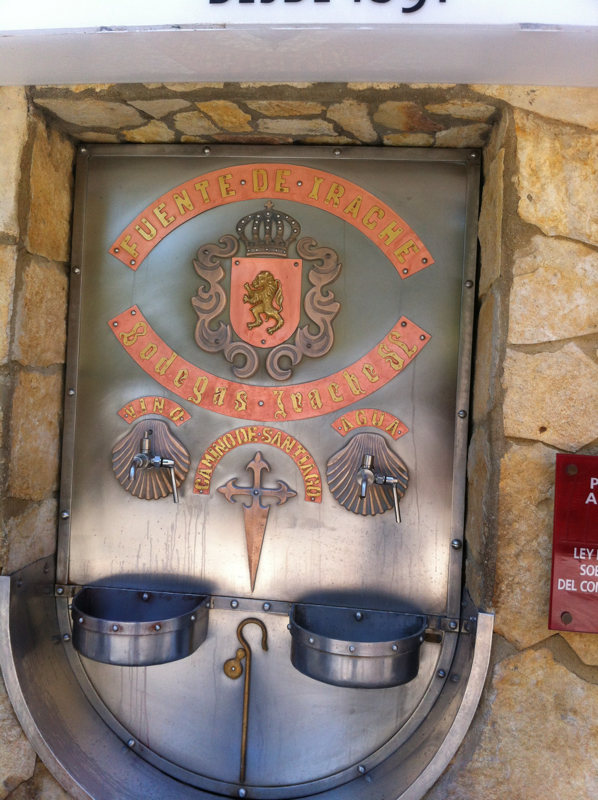
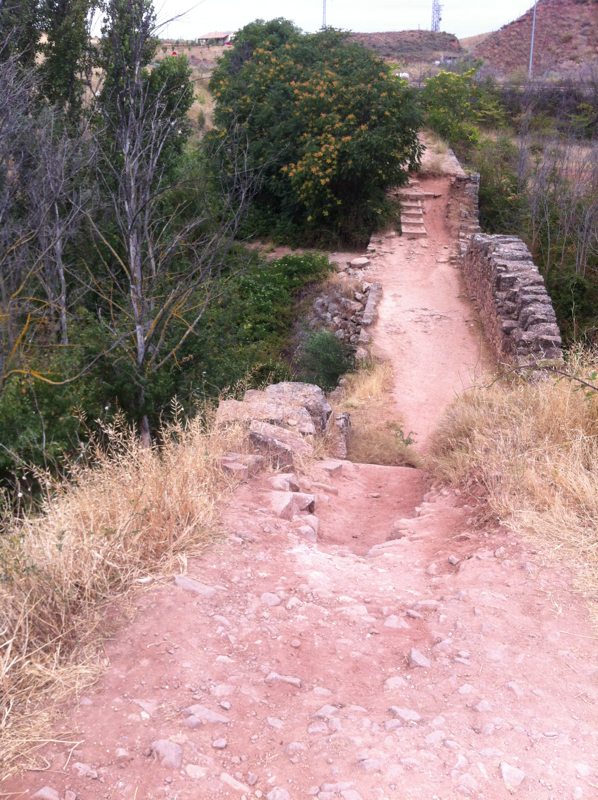

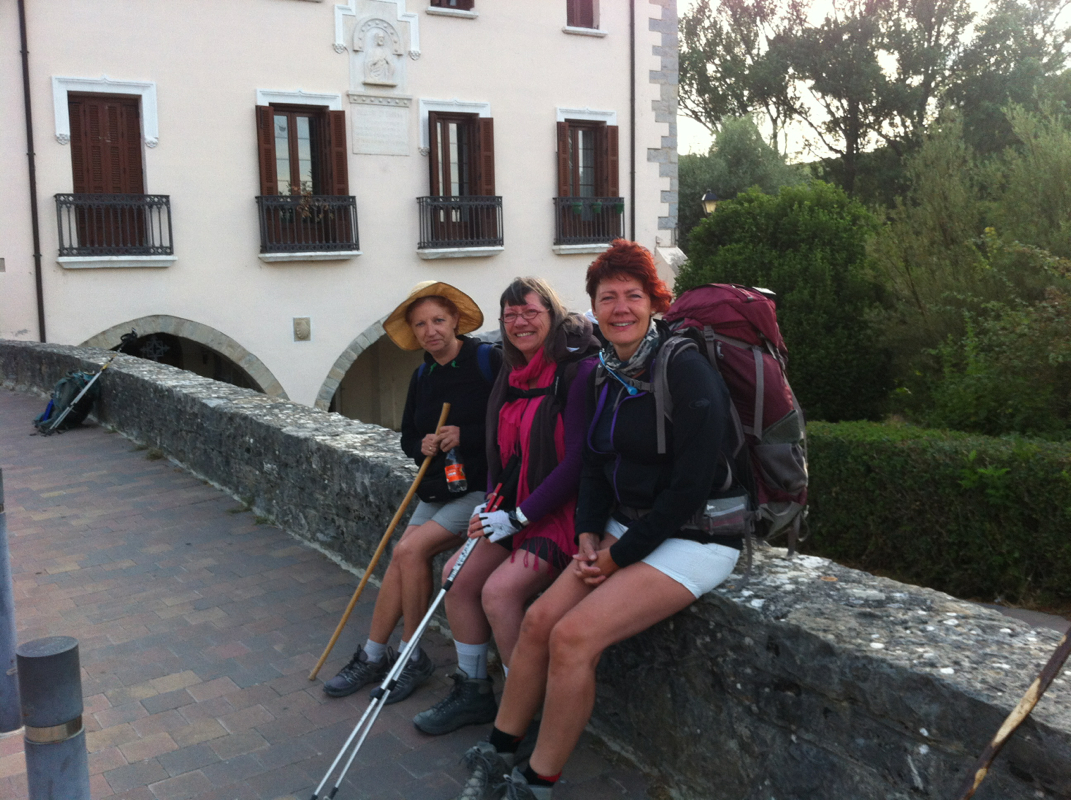
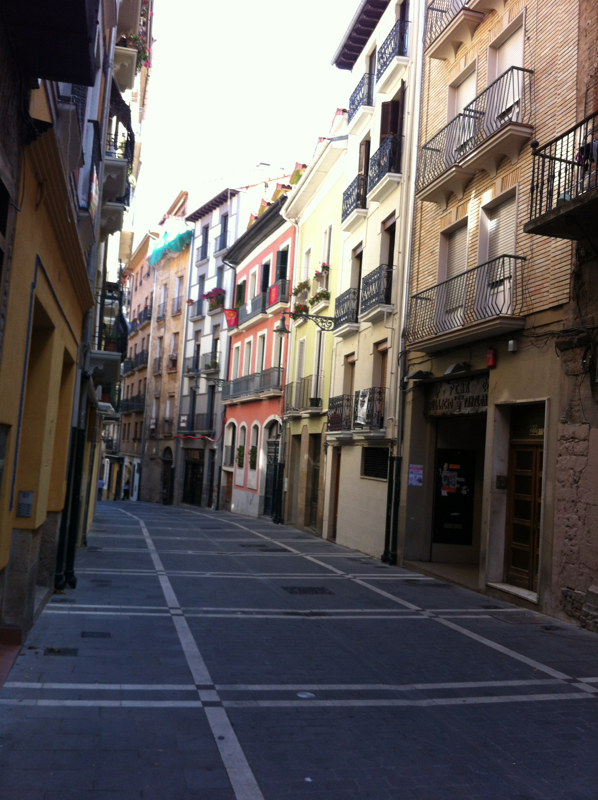
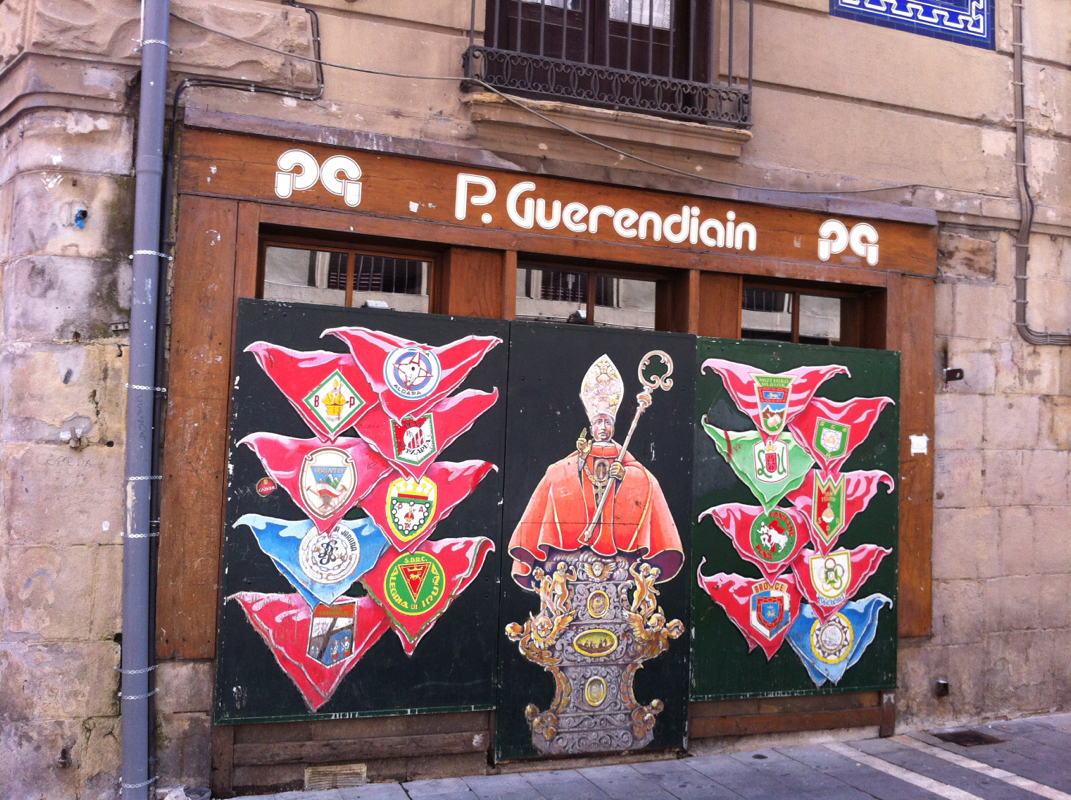
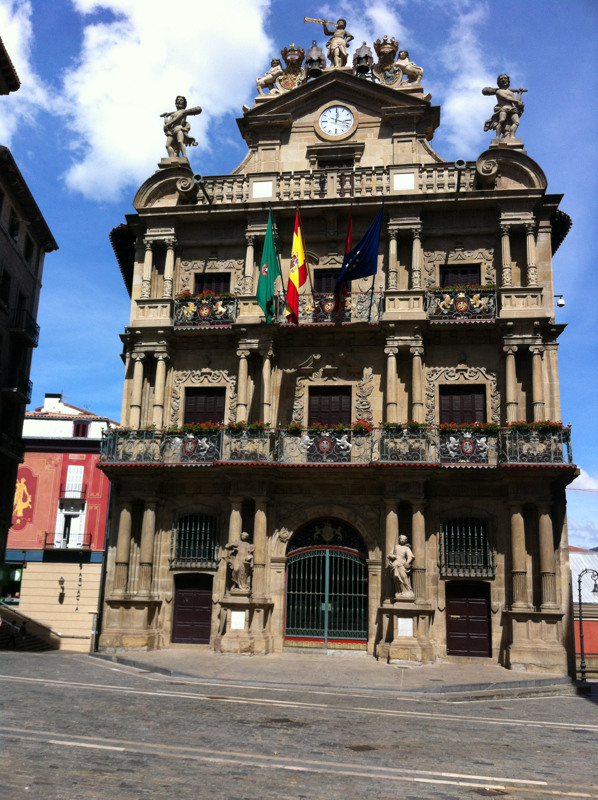
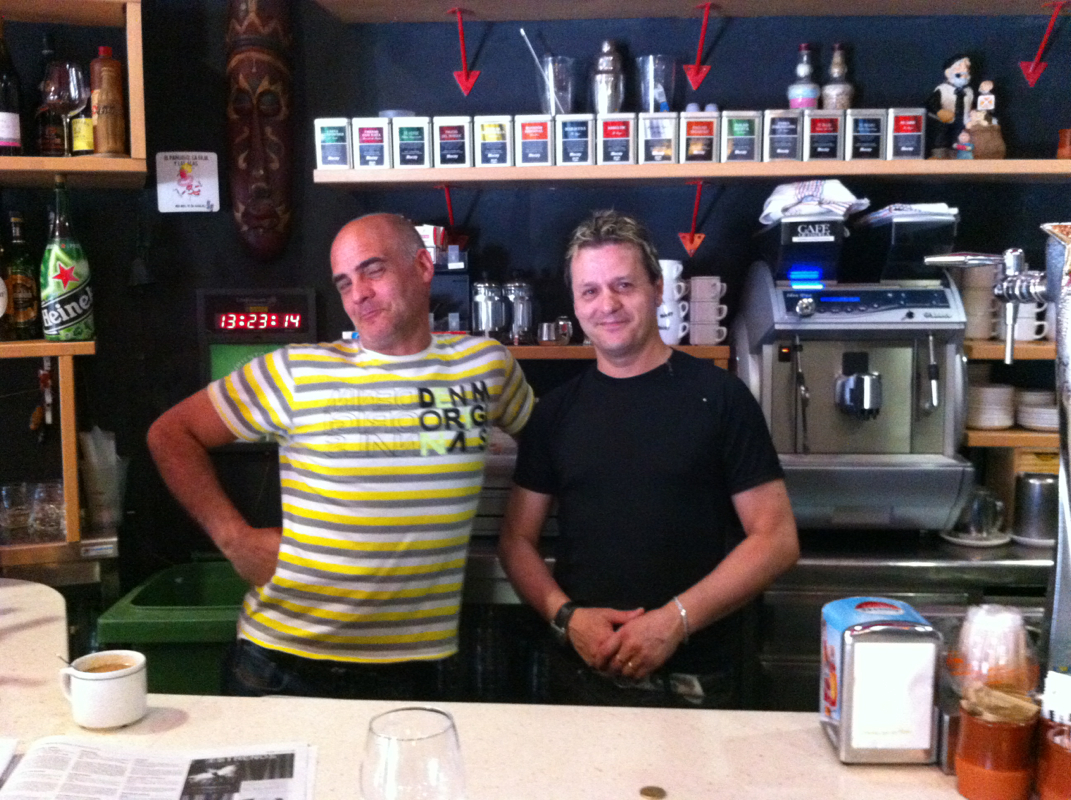
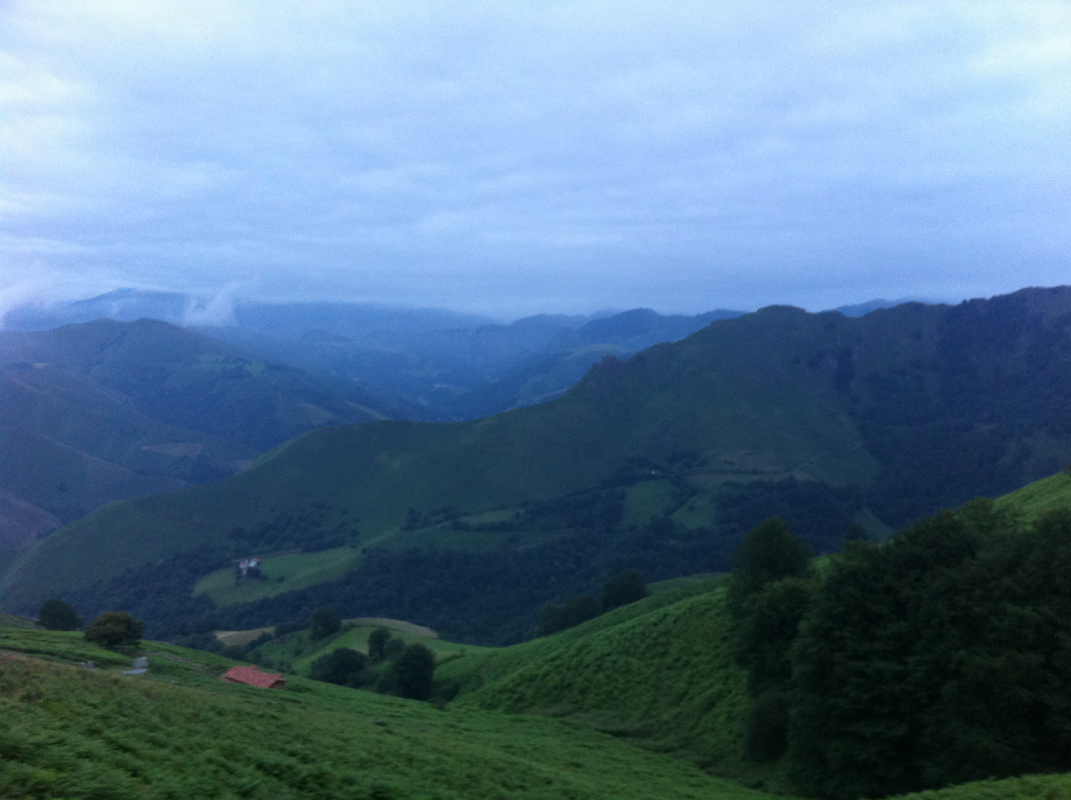
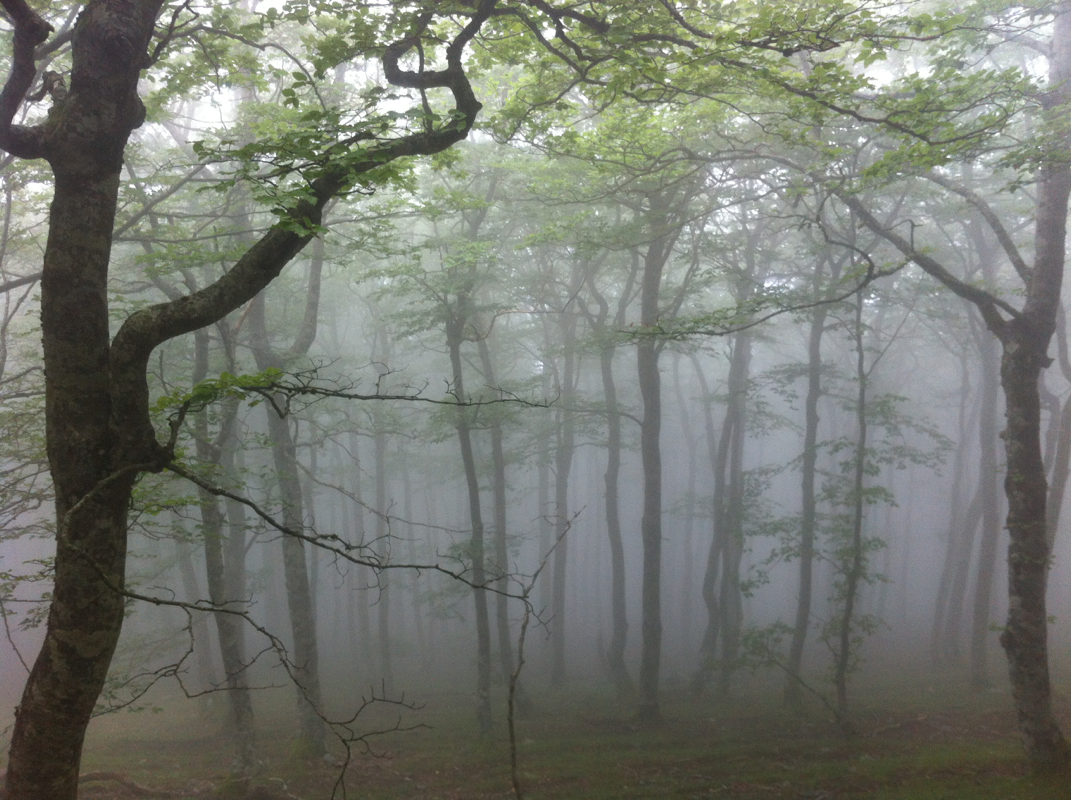
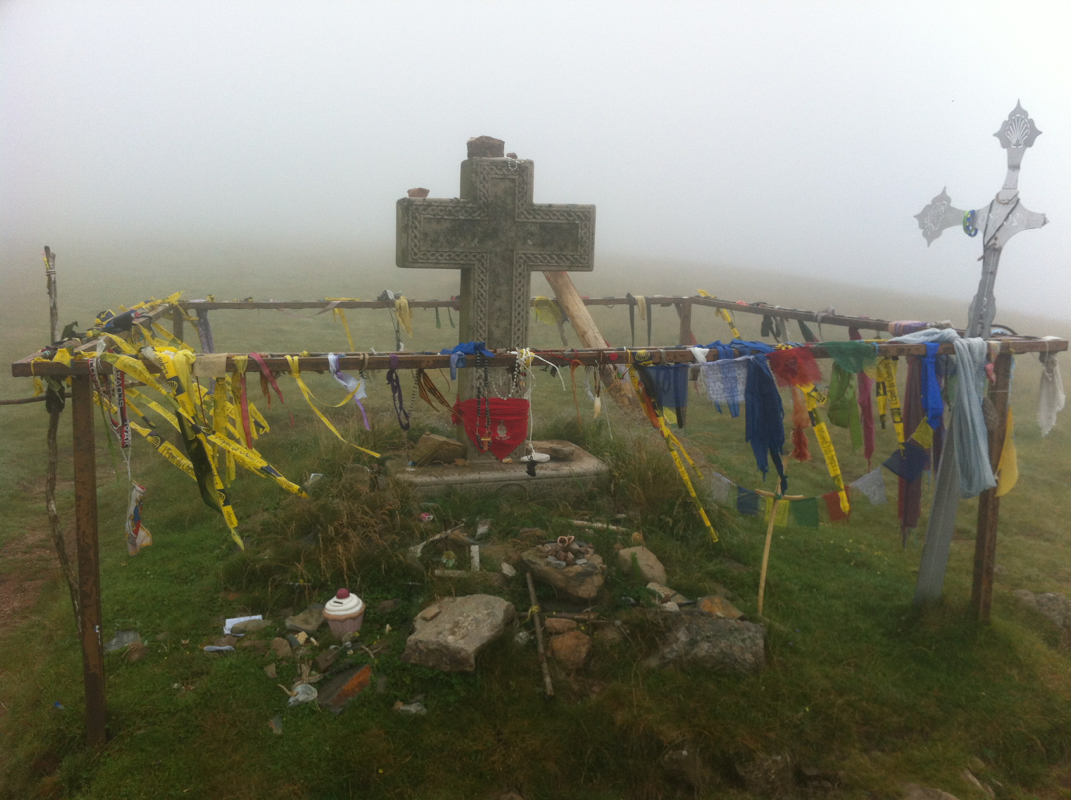
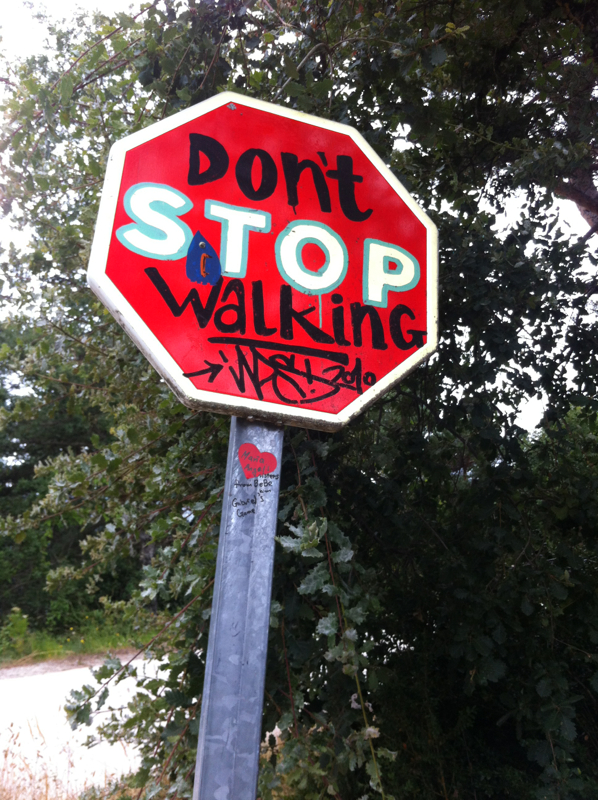




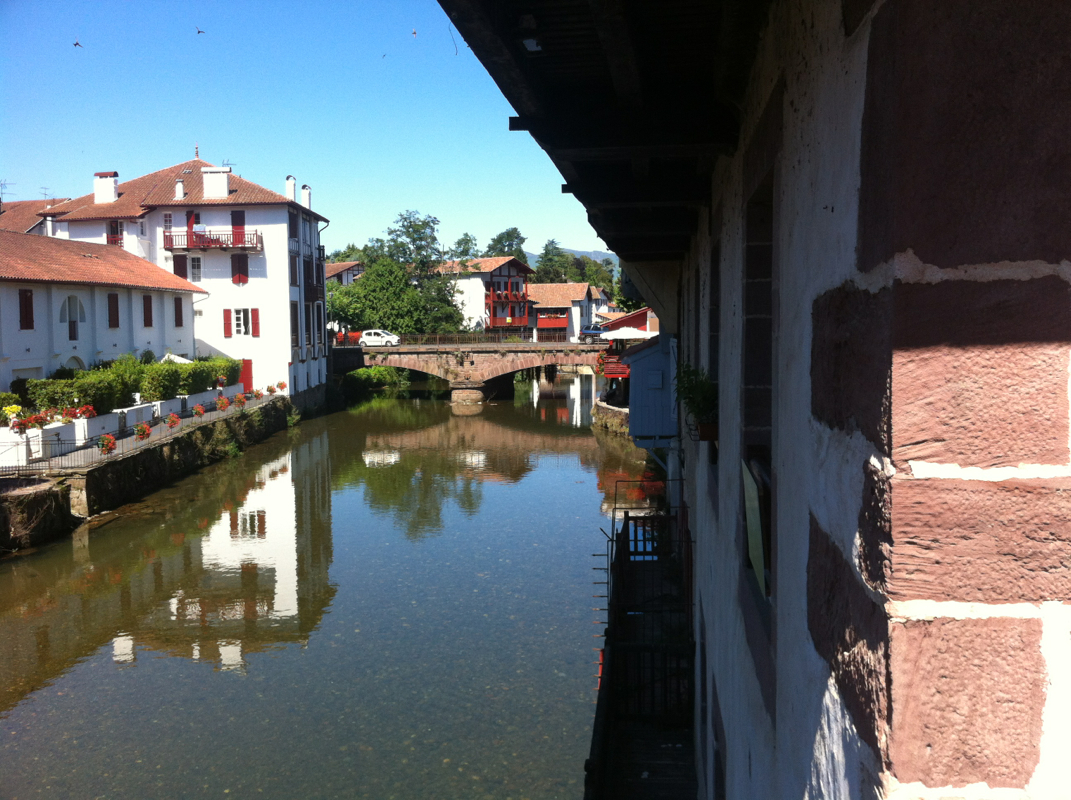
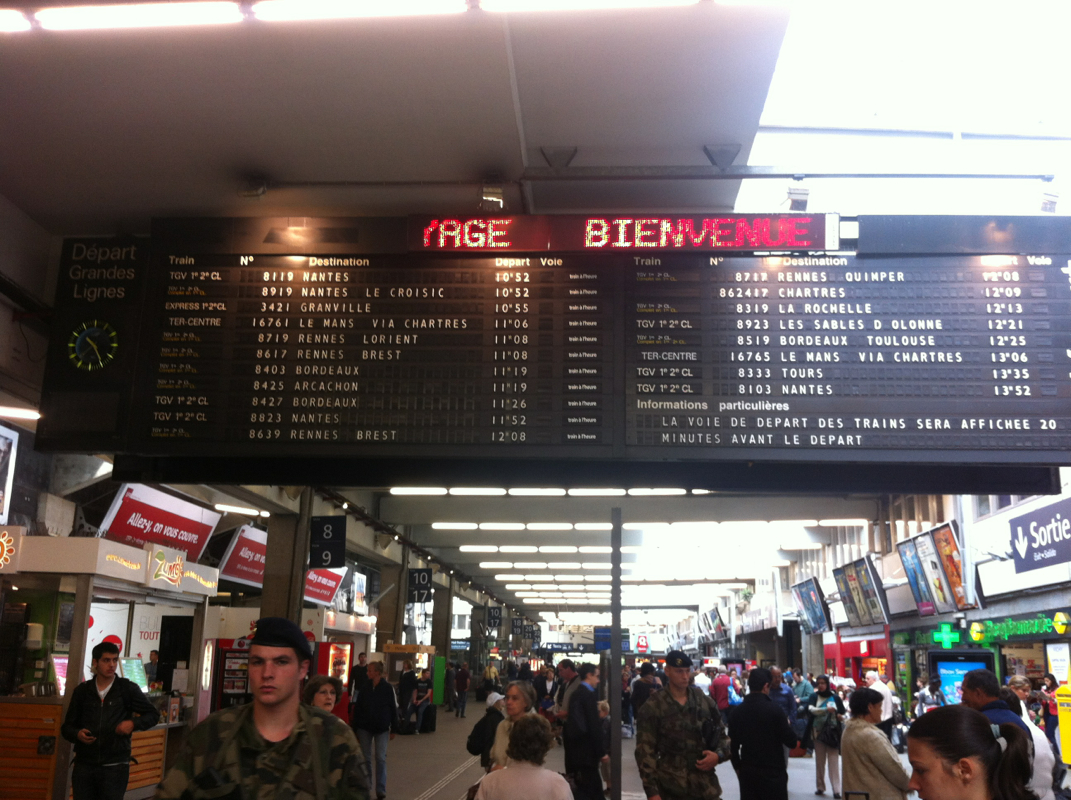
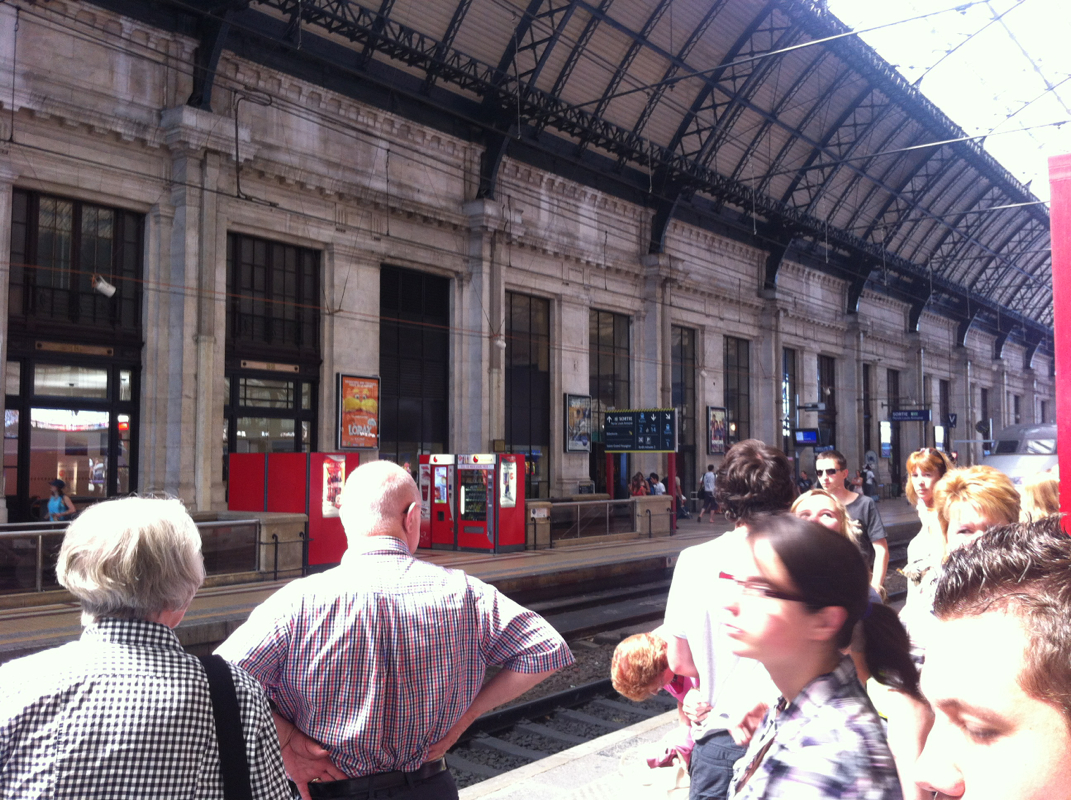
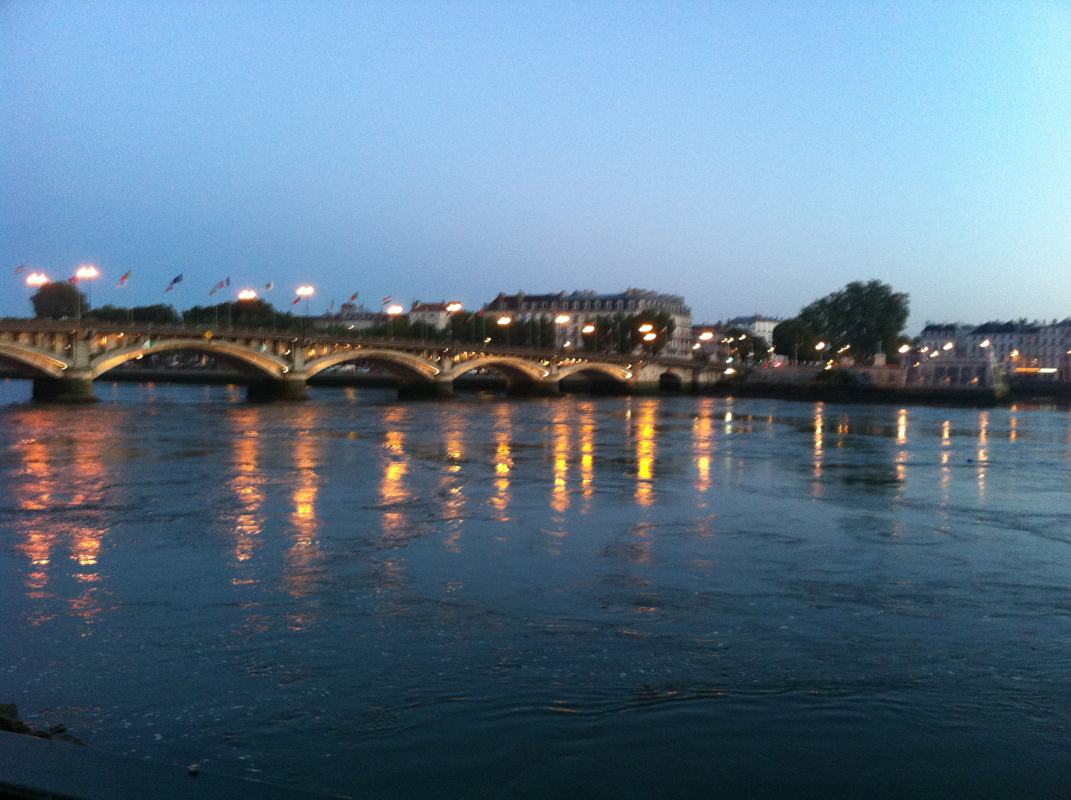

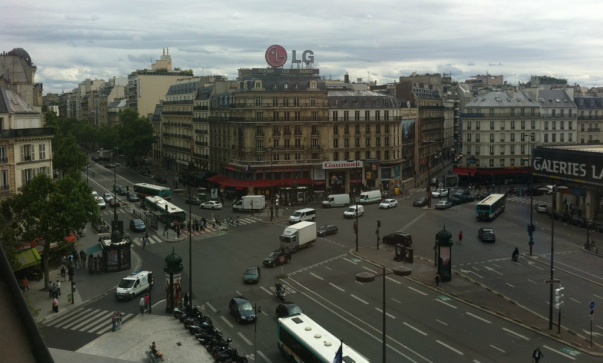
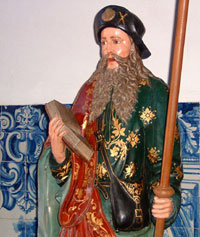
 RSS Feed
RSS Feed